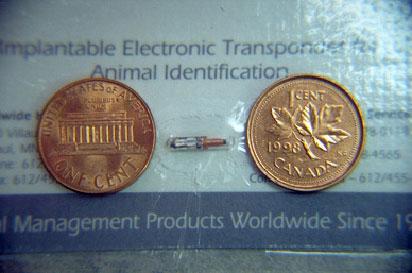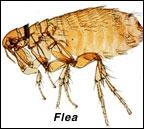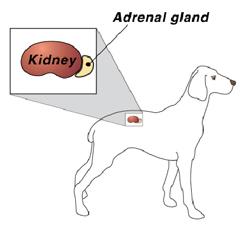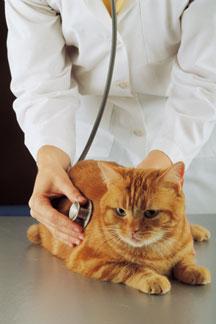Our wellness and vaccination programs are designed to prevent diseases and prolong the lives or your companion animals.
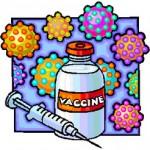 Disease prevention is always less costly than dealing with the treatment of a disease once your pet has developed it. An example would be the treatment of parvovirus. Parvovirus treatment can frequently cost $600-$1200 or more while a single vaccination protecting against parvovirus will usually cost less than $100.
Disease prevention is always less costly than dealing with the treatment of a disease once your pet has developed it. An example would be the treatment of parvovirus. Parvovirus treatment can frequently cost $600-$1200 or more while a single vaccination protecting against parvovirus will usually cost less than $100.
We have recommendations which we follow when vaccinating your pet which allow us to tailor the vaccination protocol we use for your pet to suit your pet’s individual needs, while at the same time ensuring maximum safety in preventing illness.
Early diagnosis of a disease process can lead your pet to a longer healthier life. In the example of kidney disease, if an early diagnosis is made, it will allow us to modify your dog or cat’s diet and in some cases add supplements to their diet to potentially extend their lives. There are many other conditions to which an early diagnosis is advantageous. The use of wellness screening (blood tests) on a regular basis can be of great help in identifying hidden health problems, and allow us to begin treatment as early as possible.
For similar reasons, we feel that is is important for your pet to have an annual physical examination. Did you know that having your pet visit us yearly for a check-up is the same as you seeing your family doctor once every seven years? Because pets age more quickly than we do, annual exams are an important tool in helping us to identify and manage any health problems at an early stage.


